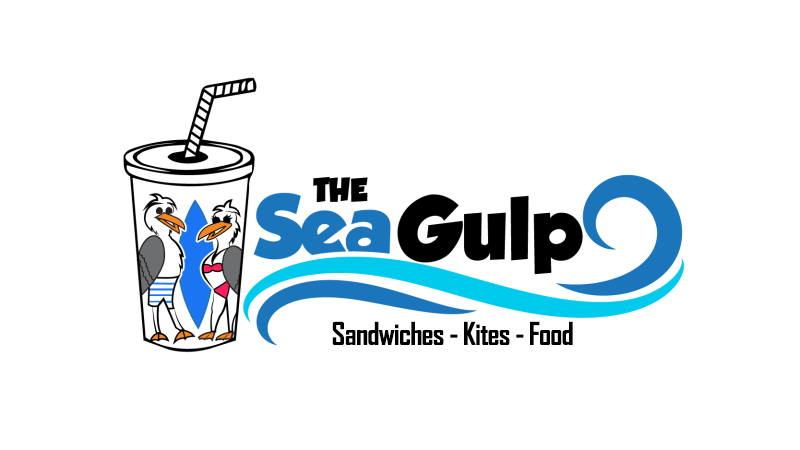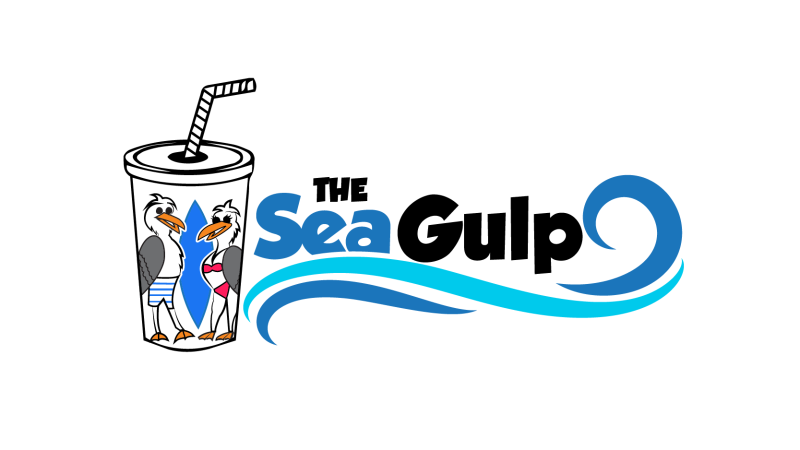
Oregon Coast Community College student Haley Dean recently received some very big, very small news.
Haley’s big idea was to apply for a NASA grant to help fund her search for tiny extraterrestrials – micrometeorites.
In November, she submitted a project for consideration by the Oregon NASA Space Grant Consortium’s SCORE Program. The SCORE (STEM Community-College Opportunity for Research Experience) Program offers $800 grant awards to community college students conducting research that aligns with NASA’s varied interests.
More than 4,000 tons of micrometeorites fall towards the earth each year. A fraction of them make it to the surface.
The OCCC student’s attempt is not the first in Oregon. Her project overview cites a Portland study searching for micrometeorites on rooftops – a search that was unsuccessful. Instead, Haley intends to look to the churning sands of the beaches of the Oregon Coast in winter to find micrometeorites. In addition to sifting sand with sieves or by hand, she will use powerful magnets to seek her quarry. Meteorites are mostly metallic and magnets will help collect them – along with other small particles that may be volcanic or industrial (man-made) in origin. Those will be sorted by size to help identify potential micrometeorites, which will then be examined using Oregon State University’s high-powered electron microscope.
Assisting Haley in the study will be her mentor, Bill Lilley, who teaches in the sciences at OCCC. Matthew Fisher, science faculty at OCCC and the College’s Oregon NASA Space Grant Consortium Represented, signed off on the proposal, which Haley has dubbed “Project Stardust: The Search for Micrometeorites in the Oregon Coastal Environments.”
Haley says she’s inspired by the project – and that the project, in turn, was inspired by a chance enrollment in Lilley’s course, “Environmental Science: A Geologic Perspective.” She was having a meeting with her academic advisor at OCCC when they both noticed her schedule had room for a course in the science sequence. On their recommendation, she enrolled in Environmental Science.
“That class changed my life. I’ve changed my entire career path – now that I know you can run and play and dig and do important work. How many people,” she asked, “get to go deal with intense and grand concepts like climate change, and really make an impact?”
The name “Project Stardust” is borrowed from Jon Larsen, a genuine citizen scientist. As reported in the June 2017 edition of Wired magazine, the idea for the project and the book Larsen wrote on the topic literally fell into his lap.
“The Norwegian jazz musician was dining on his porch one day eight years ago,” the article begins, “when a rock tumbled out of the sky onto the table. It was shiny, rough, and metallic. Baffled, he did what anyone would do: He googled shiny rocks that fall from the sky.” He went on to collect more than 40,000 samples of possible micro-meteorites, winding up with a collection of more than 500 confirmed specimens. Larsen’s book, “In Search of Stardust: Amazing Micro-Meteorites and Their Terrestrial Imposters” is one of the references cited in Haley’s project summary.
She says that any micrometeorites discovered during her research will be “retained by Oregon Coast Community College. After the research, these will be offered to NASA, Oregon State University, Oregon State Geology Department, and the Smithsonian Institute.”
Her project summary also notes that this research is “crucial to establishing evidence of micrometeorites in Oregon coastal environments and providing the opportunity for a woman on a STEM career path invaluable research experience.”
The Oregon NASA Space Grant Consortium requires that Haley submit a report on her findings no later than May 22, 2020.
Follow OCCC on Facebook and Instagram (@occcsharks) for updates as Haley’s research continues. Learn more about OCCC’s science courses and how you can launch your STEM career through a challenging, rewarding, and affordable two-year transfer degree at Oregon Coast Community College – a degree you can take to Oregon State University or elsewhere in pursuit of your four-year science degree. Find more and schedule an appointment with an academic advisor at oregoncoastcc.org/start-here.








